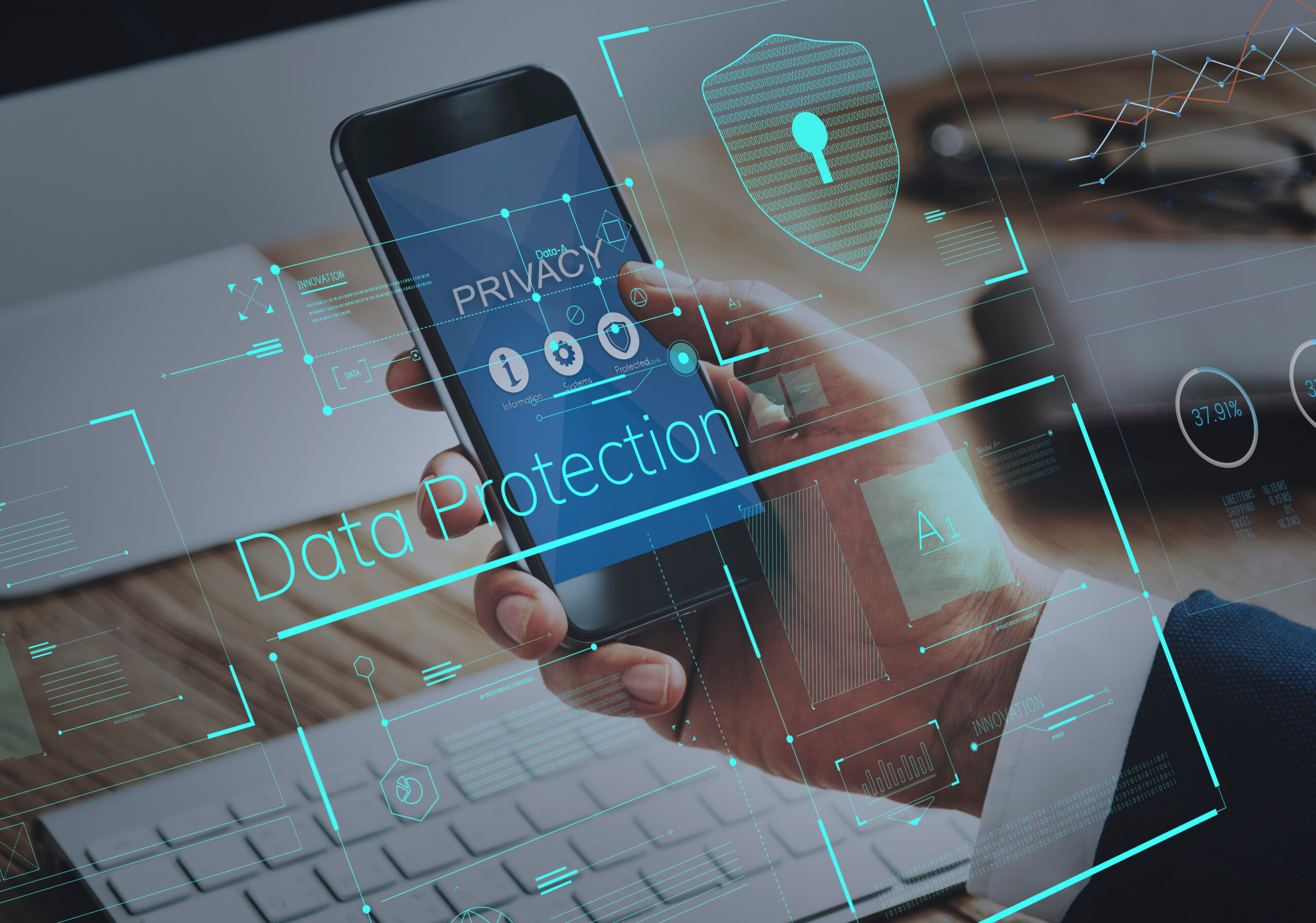Simple Steps to Fortify Your Online Privacy

In today’s digital age, safeguarding your online privacy has never been more critical. With cyber threats and data breaches on the rise, taking proactive measures to protect your personal information is essential. Here are some simple steps you can take to enhance your online privacy.
Use Strong and Unique Passwords
Your first line of defense against cyber attacks is a robust password. Ensure that your passwords are long, unique, and a mix of letters, numbers, and special characters. Avoid using easily guessable passwords like “123456” or “password.” Additionally, never reuse passwords across multiple sites. A password manager can help you create and store strong passwords securely.
Enable Two-Factor Authentication (2FA)
Two-factor authentication adds an extra layer of security by requiring not only a password and username but also something that only the user has on them, i.e., a piece of information only they should know or have immediately to hand. This can significantly reduce the risk of unauthorized access to your accounts.
Regularly Update Software and Apps
Keeping your software and applications up to date is crucial for protecting against security vulnerabilities. Updates often include patches for security flaws that could be exploited by hackers, so ensure that you enable automatic updates whenever possible.
Be Cautious with Public Wi-Fi
Public Wi-Fi networks, like those in coffee shops or airports, are often not secure. Cybercriminals can easily intercept data sent over these networks. If you must use public Wi-Fi, consider using a Virtual Private Network (VPN) to encrypt your internet connection, providing an added layer of security.
Review Privacy Settings on Social Media
Social media platforms can be a treasure trove of personal information for hackers. Review and adjust your privacy settings to control who can see your posts and personal information. Be mindful of the details you share online and avoid posting sensitive information.
Secure Your Mobile Devices
Your mobile devices can be a gateway to a lot of your personal data. Use a strong password or biometric authentication to lock your phones and tablets. Additionally, enable remote wipe features, so you can erase your data if your device is lost or stolen.
Be Wary of Phishing Scams
Phishing scams are attempts to trick you into giving away your personal information by pretending to be a trustworthy entity. Be cautious of unsolicited emails, messages, or phone calls requesting personal information. Always verify the legitimacy of the request before providing any details.
Taking proactive steps to fortify your online privacy is essential in today’s digital landscape. While no single measure can guarantee absolute security, combining strong and unique passwords, enabling two-factor authentication, keeping software up to date, and being cautious with public Wi-Fi can greatly enhance your protection. Regularly review your social media privacy settings, secure your mobile devices, and be wary of phishing scams to safeguard your personal information further. By implementing these simple steps, you can significantly reduce the risk of cyber threats and enjoy a safer online experience.
Share This Article

Think Before You Click: Understanding Modern Phishing Tactics
In today’s digital world, cybersecurity threats are everywhere and phishing is one of the most common and dangerous. You may think you’d never fall for

The Importance of Real-Time Network Monitoring in 2025
In today’s digital-first world, businesses rely on secure and uninterrupted network connectivity to maintain productivity and protect sensitive data. As cyber threats become more sophisticated

The Future of Endpoint Detection & Response (EDR): Why It’s Essential for Cybersecurity
In the face of ever-evolving cyber threats, traditional security measures like antivirus software and firewalls are no longer sufficient to safeguard businesses from sophisticated attacks.
